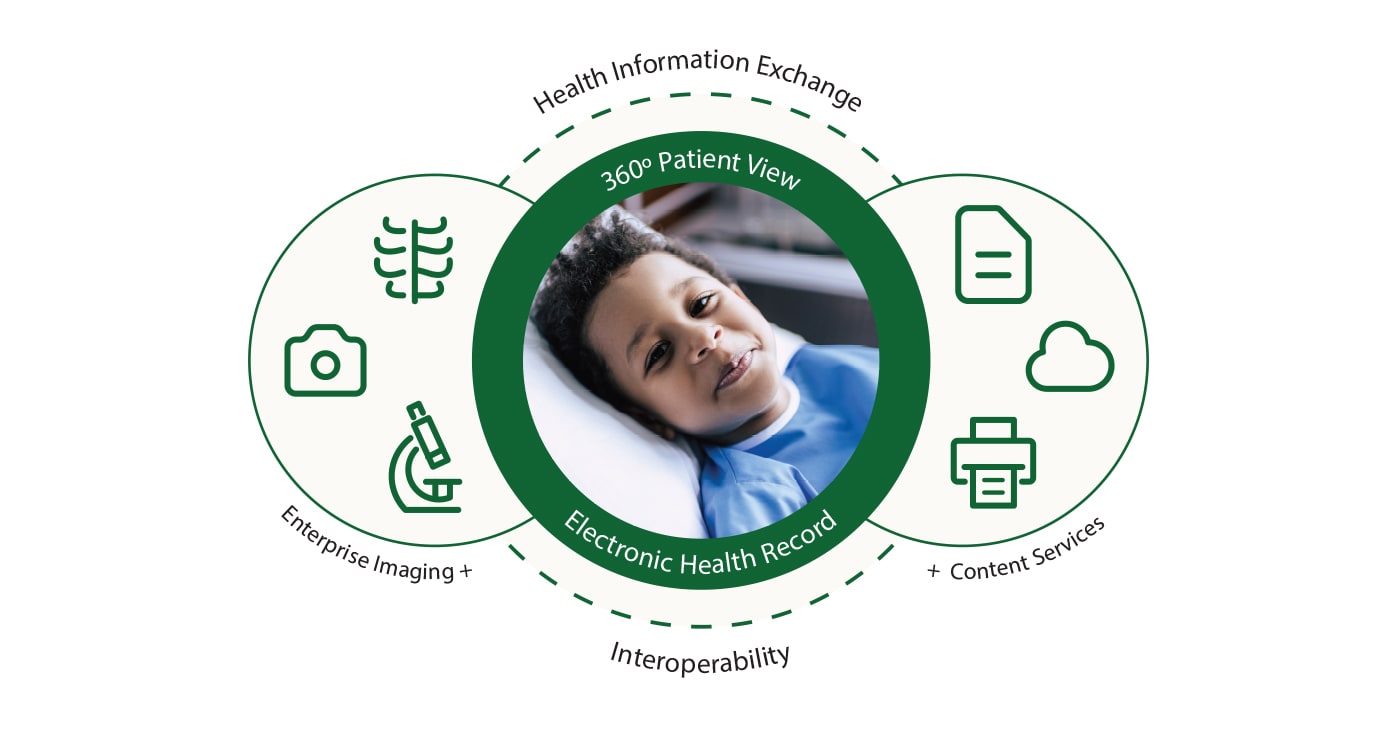Just How Healthcare RCM Solutions Streamline Payment and Collections
Just How Healthcare RCM Solutions Streamline Payment and Collections
Blog Article
Understanding the Role of Health Care RCM in Enhancing Monetary Performance and Individual Fulfillment
Navigating the intricacies of Medical care Income Cycle Management (RCM) is crucial for accomplishing optimal economic performance while simultaneously raising patient fulfillment. As we discover the transformative potential of RCM, inquiries regarding its strategic implementation and future advancements beckon, promising understandings that can redefine market criteria and client experiences alike.

Key Components of RCM
In the facility landscape of healthcare, Revenue Cycle Monitoring (RCM) is essential in ensuring economic stability and functional efficiency. Individual registration and eligibility confirmation are foundational actions, guaranteeing that exact client details is captured and insurance policy protection is verified prior to services are made.

Cost capture is another essential element, entailing the accurate recording of services given to clients. It makes sure that all billable services are represented, therefore optimizing revenue potential. Concurrently, medical coding translates patient encounters right into standardized codes, which are important for invoicing and regulative compliance.
Claims submission and management adhere to, entailing the prep work and entry of claims to payers. This procedure calls for precise focus to detail to reduce errors and stop hold-ups. Rejection monitoring is an aggressive approach to solve and resolve refuted cases, safeguarding revenue streams.
Lastly, repayment publishing and client collections complete the cycle, guaranteeing settlements are properly videotaped and outstanding balances are pursued. Together, these parts create a durable structure that sustains the operational and financial health of healthcare companies.
Effect On Financial Efficiency
Effective Income Cycle Management (RCM) considerably influences a healthcare organization's economic efficiency by enhancing money flow and lowering revenue leak. RCM incorporates the detailed invoicing and collection processes that make certain doctor effectively manage their economic deals from client enrollment to last repayment. By streamlining these procedures, organizations can decrease rejected claims, quicken repayment cycles, and improve general financial wellness.
Financial efficiency is enhanced via precise monitoring of invoicing procedures, which entails accurate coding and timely submission of insurance claims. This lowers the possibility of insurance claim denials and denials, which can considerably prevent income flow if not dealt with promptly. Additionally, integrating sophisticated modern technology services promotes real-time tracking of insurance claims and economic metrics, supplying health care managers with the tools needed to make enlightened tactical choices.

Enhancing Individual Complete Satisfaction
While maximizing financial efficiency is a vital objective of Profits Cycle Monitoring (RCM), it also plays an essential function in improving individual complete satisfaction. Individuals today need transparency, performance, and precision in their healthcare interactions. RCM systems improve these procedures, offering people a smooth experience from consultation scheduling to payment. By minimizing management worries, RCM permits healthcare suppliers to concentrate extra on patient care, which directly enhances client complete satisfaction.

RCM likewise boosts client contentment through effective communication. By preserving a thorough database of person info, RCM assists in boosted communication in between clients and healthcare service providers, guaranteeing patients really feel informed and valued. This openness and availability promote a favorable individual experience. In general, effective RCM execution not only boosts economic outcomes yet likewise significantly adds to a patient-centered health care environment.
Approaches for Effective RCM
Accomplishing reliable Income Cycle Monitoring (RCM) calls for healthcare organizations to apply a set of tactical techniques that ensure financial stability and functional efficiency. One vital approach is the fostering of technology-driven remedies, such as integrated software application systems that streamline payment procedures, reduce errors, and enhance data accuracy. These systems allow real-time monitoring of economic metrics, allowing for prompt identification and rectification of ineffectiveness.
An additional approach is the standardization of procedures throughout the revenue cycle. Healthcare RCM. view This involves establishing constant plans for individual enrollment, insurance coverage confirmation, and declares handling. By making certain that all team comply with these standards, companies can minimize discrepancies and expedite repayment collections
Staff training and development also look here play a pivotal function in effective RCM. Trained workers can effectively navigate complicated billing treatments and laws, boosting and minimizing denials cash circulation. Normal updates on policy changes and best techniques assist maintain a competent and educated labor force.
Future Trends in RCM
As health care companies improve their Revenue Cycle Administration (RCM) strategies with modern technology and standardized procedures, attention is currently turning in the direction of the future trends forming this crucial location. One significant fad is the integration of expert system (AI) and maker learning to automate intricate tasks, such as insurance claims processing and predictive analytics. These modern technologies are expected to decrease mistakes, accelerate deal times, and give data-driven insights for far better decision-making.
Furthermore, the change in the direction of value-based care remains to affect RCM practices - Healthcare RCM. Doctor are anticipated to increasingly focus on individual outcomes and fulfillment, demanding RCM systems that can accommodate brand-new reimbursement designs. This change will certainly call for even more comprehensive data collection straight from the source and analysis to successfully gauge and report on efficiency metrics
Interoperability is another emerging priority, as seamless data exchange between disparate systems becomes vital. Improved interoperability will certainly assist in more exact person details sharing, reducing administrative burdens and improving the patient experience.
Conclusion
Healthcare Earnings Cycle Administration (RCM) substantially affects both economic performance and person complete satisfaction by optimizing payment processes, making certain accurate coding, and making it possible for timely cases submission. Reliable RCM reduces earnings leakage and increases cash circulation, reducing insurance claim rejections and speeding up payments.
Navigating the intricacies of Medical care Profits Cycle Management (RCM) is crucial for accomplishing ideal financial efficiency while concurrently elevating person contentment. RCM encompasses the comprehensive invoicing and collection procedures that ensure health care carriers efficiently manage their monetary purchases from patient registration to final repayment. By lowering administrative concerns, RCM permits medical care service providers to focus a lot more on patient treatment, which straight improves patient fulfillment.
By keeping a thorough data source of patient details, RCM helps with enhanced communication between individuals and health care suppliers, ensuring patients feel informed and valued.Healthcare Revenue Cycle Management (RCM) significantly influences both economic efficiency and person contentment by maximizing invoicing processes, guaranteeing accurate coding, and enabling prompt cases entry.
Report this page